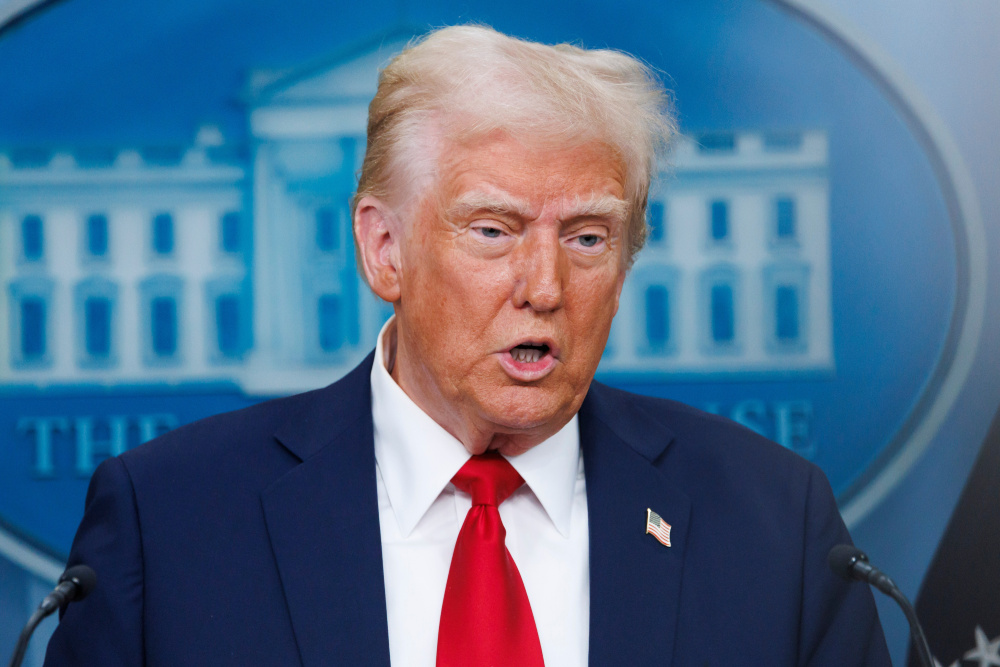
The Trump administration on Wednesday said it plans to either rescind or modify a rule enacted by former President Biden that restricted the export of AI chips.
The aim of the Biden-era rule was to block China and other adversaries from gaining access to advanced AI chips, while maintaining access for the United States and its allies.
The Framework for Artificial Intelligence was released by the U.S. Department of Commerce during Biden’s final week in office this January. But under President Trump, the Department of Commerce is changing course.
“The Biden AI rule is overly complex, overly bureaucratic, and would stymie American innovation,” a Commerce Department spokeswoman said Wednesday.
“We will be replacing it with a much simpler rule that unleashes American innovation and ensures American AI dominance.”
Trump’s changes to Biden’s chip export rules
In its framework report, the Commerce Department’s Bureau of Industry and Security warned that increasingly powerful AI models could pose a national security threat.
“Experts from across the U.S. government have determined that as the capabilities of these models continue to improve, they will enable malicious actors to engage in activities that pose profound risks to U.S. national security and foreign policy objectives,” the report stated.
In response, the Biden administration divided the world into three tiers for AI chip export controls.
- Tier 1 — including 17 countries plus Taiwan — would have unlimited access to U.S. AI chips
- Tier 2 covered 120 countries subject to chip quantity caps
- Tier 3 — including China, Russia, Iran, and North Korea — would be completely barred from access.
The rule had been set to take effect on May 15.
However, the Commerce spokeswoman said Trump officials “didn’t like the tiered system,” calling it “unenforceable.”
Sources familiar with the matter told Reuters the administration is considering “a global licensing regime with government-to-government agreements” to replace the tiers.
Nvidia — which previously projected a $5.5 billion writedown due to the China export ban — welcomed the reversal.
“We welcome the administration’s leadership and new direction on AI policy,” the company posted on X.
“With the AI Diffusion Rule revoked, America will have a once-in-a-generation opportunity to lead the next industrial revolution and create high-paying U.S. jobs, build new U.S.-supplied infrastructure, and alleviate the trade deficit.”
Chris Caso, senior analyst at Wolfe Research, said on CNBC’s Squawk Box that the chip caps imposed under the second-tier framework were “somewhat unworkable,” describing the limits as “arbitrary.”
“What we’re looking for is some sort of policy that achieves the goal of not allowing chips to get into China via third countries, but still doesn’t cut off legitimate data centers that might be in Malaysia, Poland, and other tier-two countries — and allows Nvidia and others to ship into those markets,” he said.
But Caso also warned that Trump may use tariffs and trade policy to negotiate chip access deals one country at a time — turning policy into a geopolitical chessboard.
“Anytime the government picks winners and losers, it’s going to be a lot less efficient than if the market is doing it itself,” he said.
Your email address will not be published. Required fields are markedmarked